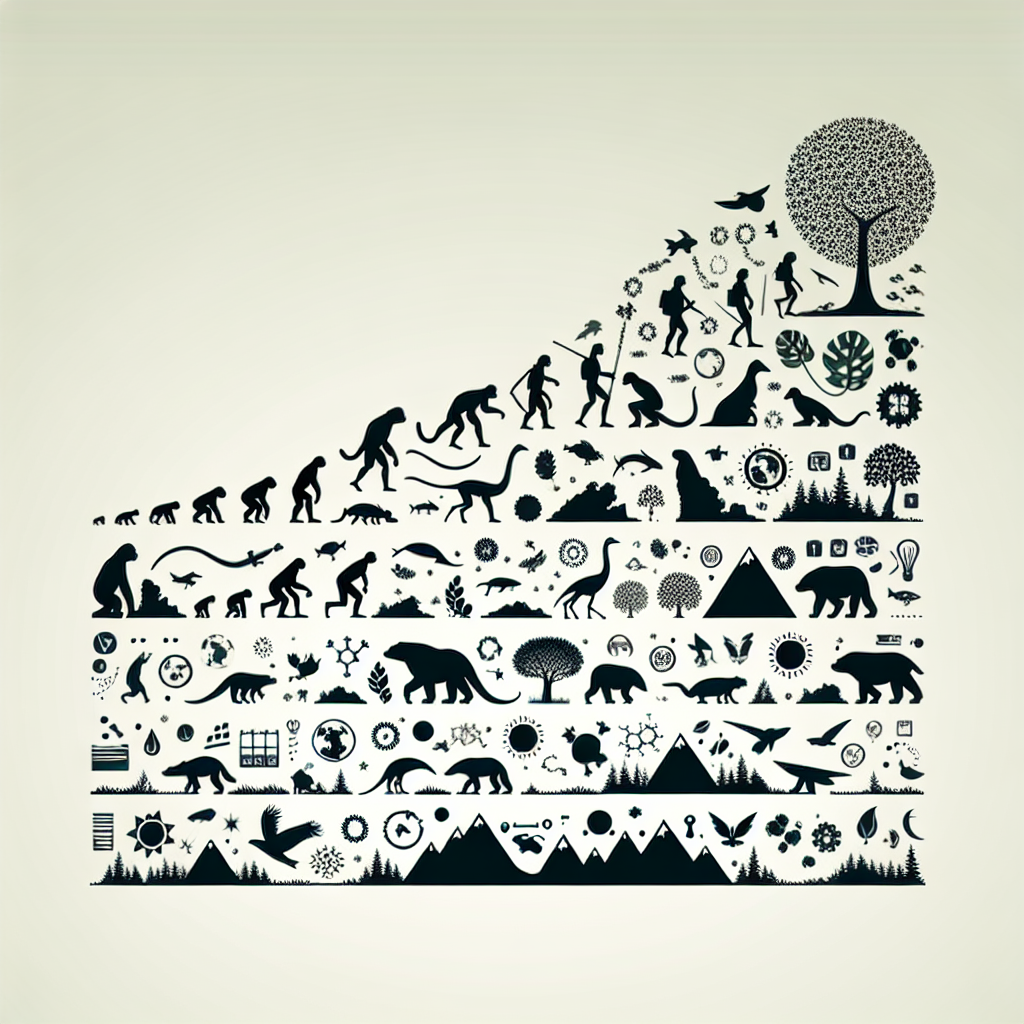Scientists Reveal Dominant Species If Humans Disappear

The Next Rulers of Earth: A Scientific Exploration
In a groundbreaking study, scientists have unveiled which species might become the dominant rulers of Earth should humans ever disappear. This revelation poses intriguing questions about the resilience and adaptability of various life forms in the face of catastrophic changes. The findings are based on extensive research that considers evolutionary biology, ecological stability, and the potential for environmental adaptation.
The Resilient Survivors Among Earth's Creatures
The study, published in a leading scientific journal, identifies cockroaches, rats, and certain species of ants as potential successors in dominating Earth. These creatures are known for their incredible resilience to extreme conditions, including radiation and climate extremes. Cockroaches, in particular, are noted for their adaptability and prolific breeding, factors that contribute to their potential dominance.
Ecological Impact and Evolutionary Paths
Researchers highlight the ecological adaptability of these species, emphasizing their varied dietary habits and ability to survive with minimal resources. This adaptability could allow them to thrive in post-human environments where resources are scarce. Furthermore, the study contemplates the evolutionary changes these species might undergo, possibly developing new traits that aid in their survival and dominance in a redefined ecosystem.
Key Insights from Evolutionary Biology
From an evolutionary biology perspective, the ability of these species to reproduce rapidly and in large numbers enhances their chances of becoming dominant. The research considers historical precedents from periods when massive extinctions allowed certain life forms to flourish and evolve, drawing parallels to potential future scenarios.
The Role of Climate Change and Adaptation
With ongoing climate change, the adaptability of species plays a critical role in survival. The study underscores how climate fluctuations could potentially alter natural habitats, providing opportunities for these resilient species to expand their territories and influence ecological hierarchies.
The Implications for Biodiversity and Conservation
This research carries significant implications for biodiversity and conservation efforts. Understanding potential successors in Earth's hierarchical order post-humanity can inform conservation strategies aimed at preserving ecosystems and biodiversity. It prompts a reevaluation of humanity's impact on Earth and how ongoing ecological transformations could shape future evolutionary paths.
Conclusion: Looking Toward a New Evolutionary Era
While the prospect of humans disappearing from Earth is purely theoretical, this study offers valuable insights into the resilience and adaptability of life. It challenges us to rethink our role in preserving biodiversity and emphasizes the importance of understanding evolutionary biology as a tool to anticipate and mitigate future ecological challenges.




